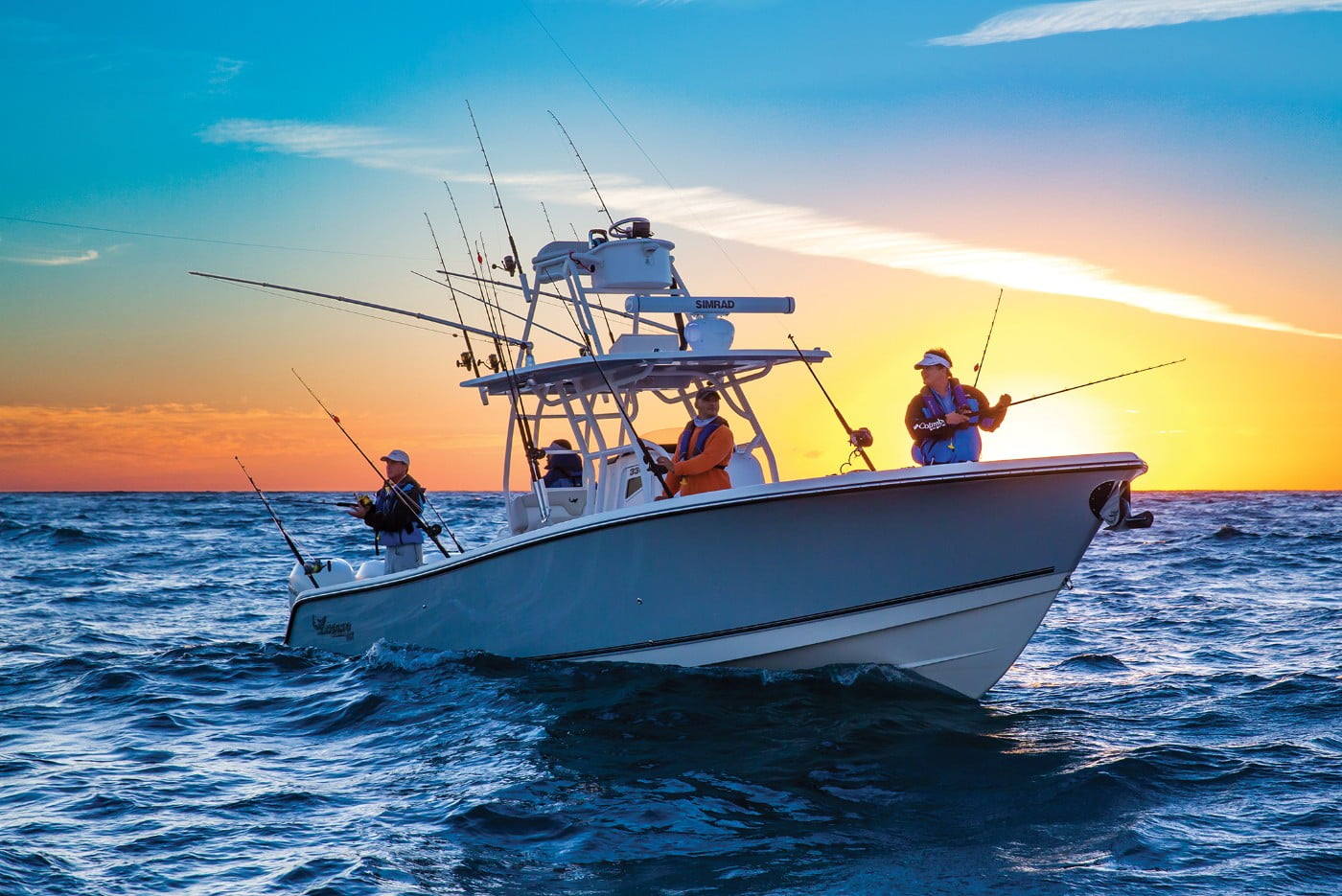With the influence of Artificial Intelligence (AI) and Virtual Reality (VR), the marine and boating industries are booming—from each a leisure and a systematic perspective. In April 2018, a Norwegian marine solutions organization correctly examined vehicle-docking on a passenger ship. By November, it became already trying out for absolutely self-sufficient docking to docking.
According to the business enterprise, “The ferry changed into capable of going away the dock, maneuver out of the harbor, sail to the subsequent port of call, maneuver through the harbor front, and dock along with the terminal – all without human intervention. It is assumed to be the primary ever attempt at fully automatic dock-to-dock operation, in whole hands-off mode, for a vessel of this length.” Today, artificial intelligence in the marine enterprise is growing at a rapid price—in particular when it comes to underwater vessels. Like the car enterprise has begun prepping the roads for self-riding motors, the boating enterprise is also gearing up for autonomy. Through sophisticated AI structures, international fleets would reduce human errors, improve performance, optimize routes, and reduce down emissions.

The leisure quarter is experiencing the growth of its personnel. Recreational boating is becoming less of an interest reserved for the wealthy: in step with the National Marine Manufacturers Association (NMMA), seventy-two % of Americans who own boats have household incomes of less than $one hundred,000. Last month, The Progressive Insurance New England Boat Show set an attendance report, with more than 50,000 attendees in all boating industry segments.
Boat proprietors now have a slew of resources at their disposal. Many purchasers are searching into chartering or buying their own boats and getting to know top boating blogs to help steer them in the proper direction. On the other hand, clients who have little know-how of the industry can advantage better expertise thru the developing range of boating experience corporations launching around the sector, like Yacht Week and Sailing Collective.
Virtual reality excursions will help take leisure boating a step by offering boat proprietors the possibility to excursion vessels before taking a journey to see or purchase in character.
This is a fascinating time in the boating enterprise. Virtual fact excursions are changing our enterprise’s income landscape with the aid of starting up new ways for clients to exhibit and promote their boats,” Vincent Finetti, CEO of Prestige Vision, instructed Boating Industry.
And it’s not just the experience of buying boats that are changing. With digital truth generation, the revel in of constructing them is shifting, too. Bart Bouwhuis, the creative director of yacht design studio Vripack, stated, “After years and years of the very low incremental boom, the recent traits in Virtual Reality are exponential now and permit us to use this tool for our opinions in place of making mockups, prototypes and pre-fabrication. So the value related to that, in addition to the time consumption, is now eliminated. It’s part of the records.”
Several different marine technology startups are hoping to disrupt the conventional maritime enterprise with AI and robotics. The town of Boston alone has become an important place for marine era startups. While technology agencies in Norway are already shifting complete-steam in advance, startups like Sea Machine Robotics also are blazing their personal path.
The business enterprise develops computer structures for workboats, making them far off-controllable or absolutely self-reliant. The enterprise began out with a $ninety 000 used Coast Guard bought purchased at public sale and managed to efficiently outfit it with cameras, radar structures, GPS, sensors, and different proprietary generation to help it sail forward on its very own.
In an interview with Bloomberg Businessweek, Michael Johnson, Sea Machines’ CEO, said, “the long-time period ability for self-driving boats entails groups of self-reliant vessels working in concert. In many harbors, multiple tugs convey in massive container ships, speaking both thru radio or with the aid of a whistle. That could get replaced by using software controlling all of the boats as an unmarried system.”
The technology inside the marine enterprise keeps extending past self-reliance and recreational use. Several approaches to boating can be applied to real-global applications, like disaster assistance and rescue comfort. For example, Shark spotter is a business enterprise in Australia that uses a mixture of actual-time imagery and a fleet of aerial drones to scan seas close to famous beach regions. Each photograph is analyzed using artificial intelligence systems, which detectability threats in areas near human beings. If a hazard is detected, an automated alert is dispatched to responders on the floor.








